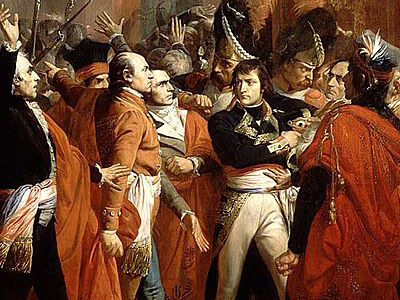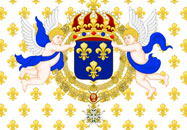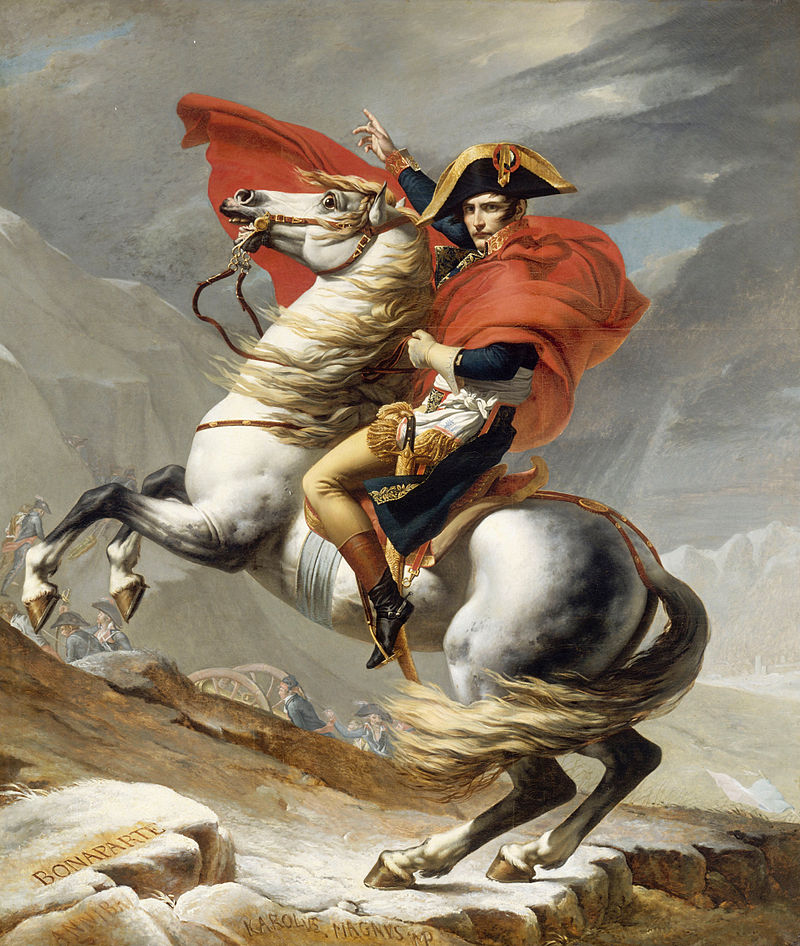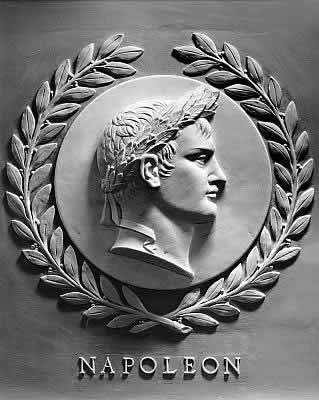Napoleon Bonaparte (1769-1821)
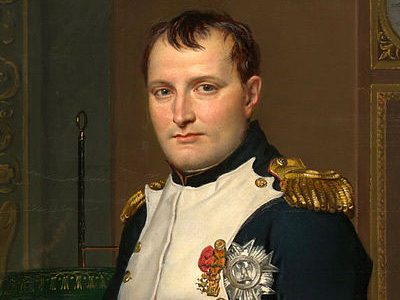
Ruler of France
While in Egypt, Bonaparte stayed informed of European affairs. He learned that France had suffered a series of defeats in the War of the Second Coalition. On 24 August 1799, he took advantage of the temporary departure of British ships from French coastal ports and set sail for France, despite the fact that he had received no explicit orders from Paris. The army was left in the charge of Jean Baptiste Kléber.
Unknown to Bonaparte, the Directory had sent him orders to return to ward off possible invasions of French soil, but poor lines of communication prevented the delivery of these messages. By the time that he reached Paris in October, France's situation had been improved by a series of victories. The Republic, however, was bankrupt and the ineffective Directory was unpopular with the French population. The Directory discussed Bonaparte's "desertion" but was too weak to punish him.
Despite the failures in Egypt, Napoleon Napoleon Bonaparte (1769-1821), was a French military and political leader who rose to prominence during the French Revolution and led several successful campaigns during the French Revolutionary Wars. As Napoleon I, he was Emperor of the French from 1804 until 1814, and again in 1815. One of the greatest commanders in history, his wars and campaigns are studied at military schools worldwide. Napoleon Bonaparte » returned to a hero's welcome. He drew together an alliance with director Emmanuel Joseph Sieyès, his brother Lucien, speaker of the Council of Five Hundred Roger Ducos, director Joseph Fouché, and Talleyrand, and they overthrew the Directory by a coup d'état on 9 November 1799 ("the 18th Brumaire" according to the revolutionary calendar), closing down the council of five hundred. Napoleon became "first consul" for ten years, with two consuls appointed by him who had consultative voices only. His power was confirmed by the new "Constitution of the Year VIII", originally devised by Sieyès to give Napoleon a minor role, but rewritten by Napoleon, and accepted by direct popular vote (3,000,000 in favor, 1,567 opposed). The constitution preserved the appearance of a republic but in reality established a dictatorship.
Napoleon Bonaparte (1769-1821), was a French military and political leader who rose to prominence during the French Revolution and led several successful campaigns during the French Revolutionary Wars. As Napoleon I, he was Emperor of the French from 1804 until 1814, and again in 1815. One of the greatest commanders in history, his wars and campaigns are studied at military schools worldwide. Napoleon Bonaparte » returned to a hero's welcome. He drew together an alliance with director Emmanuel Joseph Sieyès, his brother Lucien, speaker of the Council of Five Hundred Roger Ducos, director Joseph Fouché, and Talleyrand, and they overthrew the Directory by a coup d'état on 9 November 1799 ("the 18th Brumaire" according to the revolutionary calendar), closing down the council of five hundred. Napoleon became "first consul" for ten years, with two consuls appointed by him who had consultative voices only. His power was confirmed by the new "Constitution of the Year VIII", originally devised by Sieyès to give Napoleon a minor role, but rewritten by Napoleon, and accepted by direct popular vote (3,000,000 in favor, 1,567 opposed). The constitution preserved the appearance of a republic but in reality established a dictatorship.

General Bonaparte surrounded by members of the Council of Five Hundred during the Coup of 18 Brumaire, by François Bouchot
HISTORY

RESOURCES
This article uses material from the Wikipedia article "Napoleon", which is released under the Creative Commons Attribution-Share-Alike License 3.0.
© Stories Preschool. All Rights Reserved.
